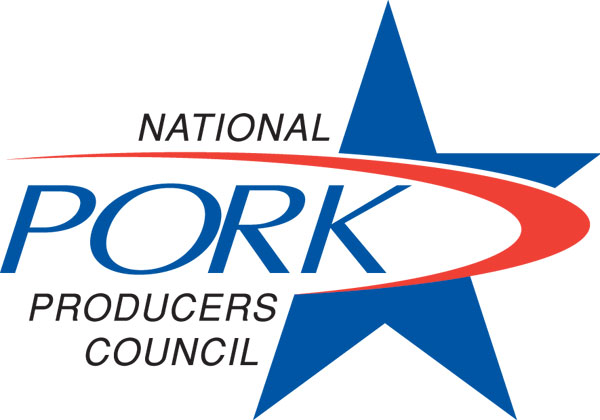NPPC worries about retaliation from Canada and Mexico over meat labeling law compliance with World Trade Organization rules.
April 11, 2013

In comments filed this week, the National Pork Producers Council (NPPC) expressed concern that Canada and Mexico could retaliate against the United States because proposed regulations by the U.S. Department of Agriculture may not make a meat labeling law compliant with U.S. international trade obligations.
The World Trade Organization (WTO) last year ruled that the U.S. country-of-origin labeling (COOL) law violates U.S. trade obligations under the WTO Agreement on Technical Barriers to Trade. Canada and Mexico brought cases on COOL to the WTO in 2011.
The international trade body gave the United States until May 23, 2013, to make its meat labeling law compliant with WTO rules. In the wake of the WTO decision, USDA issued proposed regulations changing the labeling law.
In discussing the proposed regulations, Canadian officials this week threatened retaliation against U.S. products because they maintain the regulations won’t make COOL comply with WTO rules.
“The United States must avoid retaliation from Canada and Mexico,” says NPPC President Randy Spronk, a pork producer from Edgerton, MN. “The United States should make sure our meat labeling law complies with our international trade obligations. Retaliatory tariffs on pork by Canada or Mexico would be financially devastating to U.S. pork producers.”
Like what you're reading? Subscribe to the National Hog Farmer Weekly Wrap Up newsletter and get the latest news delivered right to your inbox every Friday!
NPPC supports an approach to labeling that provides important information to consumers, complies with U.S. international trade obligations and does not undermine U.S. meat supply chains and unnecessarily raise costs. Specifically, NPPC supports an approach that will treat as “U.S. origin” hogs, pork and other meat products that have value added at federally inspected facilities. The requirement that producers gather and maintain information on where livestock was born and raised should be eliminated.
At a minimum, said NPPC in its comments – the deadline for which was today – if USDA moves forward with the proposed regulations, it should establish an effective date that is 180 days after the letter of issuance of final regulations, or of a determination by the WTO that the final regulations are consistent with U.S. international trade obligations.
You might also like:
AMI Says Proposed COOL “Fix” Could Have Devastating Consequences
COOL Controversy Far From Over
Pork Production Estimates Increase for 2013
You May Also Like



